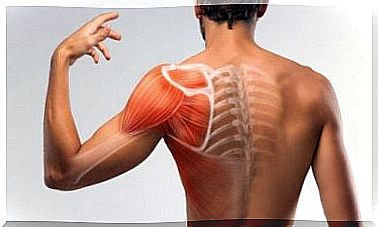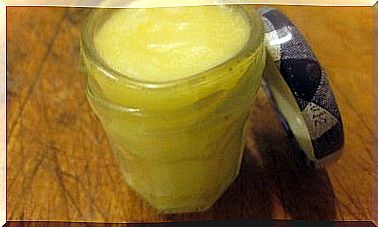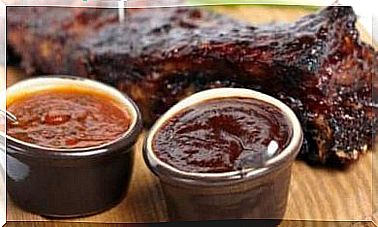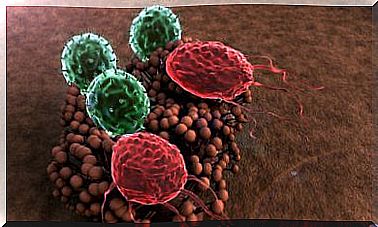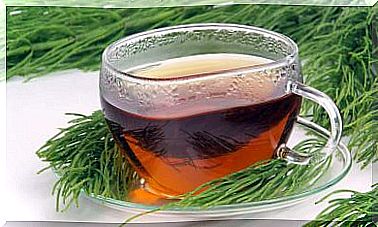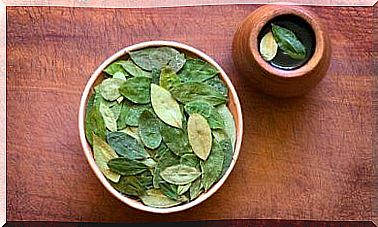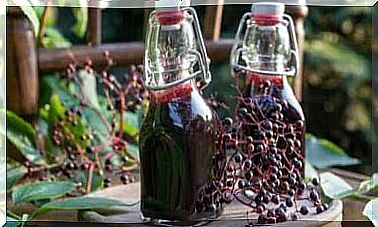What Foods Should You Not Give To A 9 Month Old Baby?
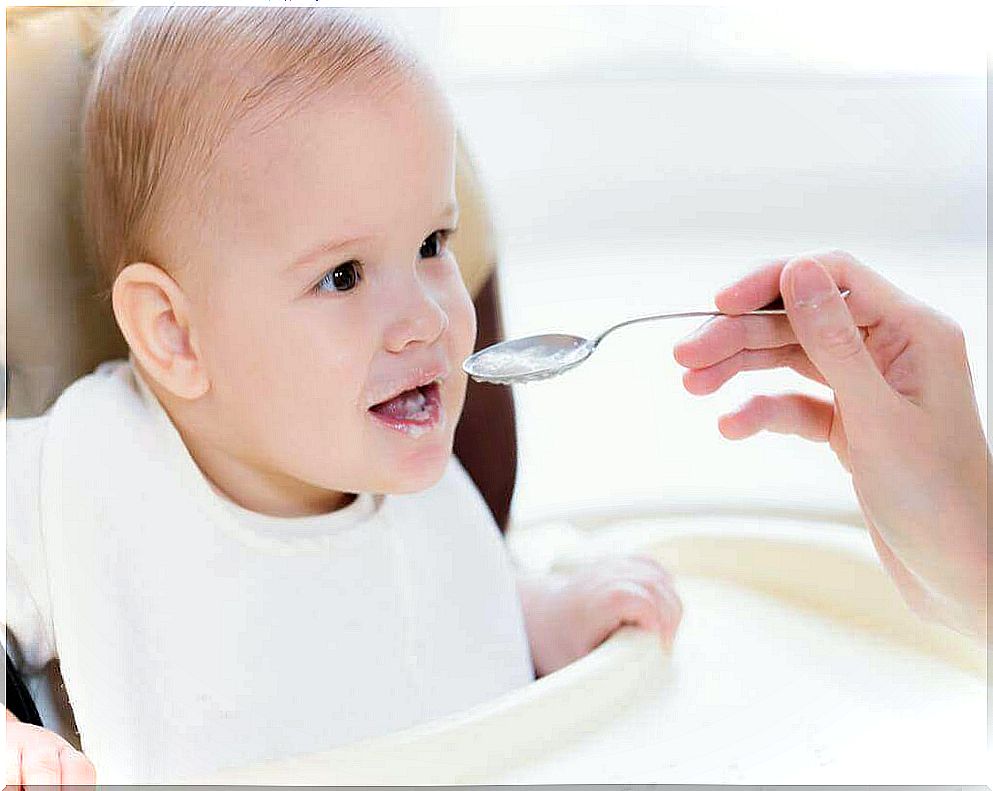
You should not just feed your 9 month old baby with anything. In addition, the food that babies are fed in their first months of life must be very nutritious. Therefore, it is ideal to start breastfeeding as it provides your baby with everything he or she needs.
Then when it comes time to start solid foods, make sure the foods are rich in vitamins. Babies need them for proper development. Every baby is different, but after 9 months many babies are already eating some solid food.
Always keep in mind that not all digestive systems process food in the same way. For example, in this article you can read why you should be careful with food that you give to a 9-month-old baby.
11 Foods You Shouldn’t Give Your Baby
If your child’s digestive system is working properly, the right nutrients can help the child grow up healthy. However, there are a few foods that babies have a hard time digesting. That can cause allergic reactions and other complications.
Because babies do not yet have the necessary enzymes, certain nutrients are not properly absorbed. As a result, the baby may develop health problems and lose weight (or not gain weight as it should).
1. Cow’s milk / soy
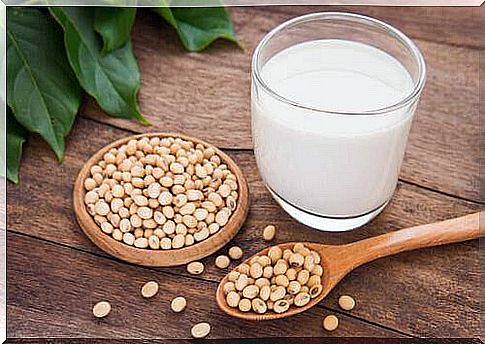
The intestinal enzymes are not yet fully developed in 9 month old babies. At that age, a baby cannot yet digest the proteins in these types of milk. In addition, these types of milk contain minerals that can be harmful to their kidneys.
2. Spinach and Swiss chard
These foods are not really harmful unless you overdo them. Vegetables usually contain nitrates, especially green leafy vegetables. Nitrates are converted into nitrites in the body.
However, in large amounts, nitrites can cause a disorder that affects the correct distribution of oxygen by blood cells. In such a case, your baby’s skin will likely appear purplish-blue, also known as cyanosis. That’s a serious warning sign that something is up.
3. Salt
Another thing that overloads a baby’s kidneys is too much salt. Avoid soups based on a stock concentrate (cubes or powder), because they have a high salt content. In general, avoid salt as much as possible.
4. Refined Sugar
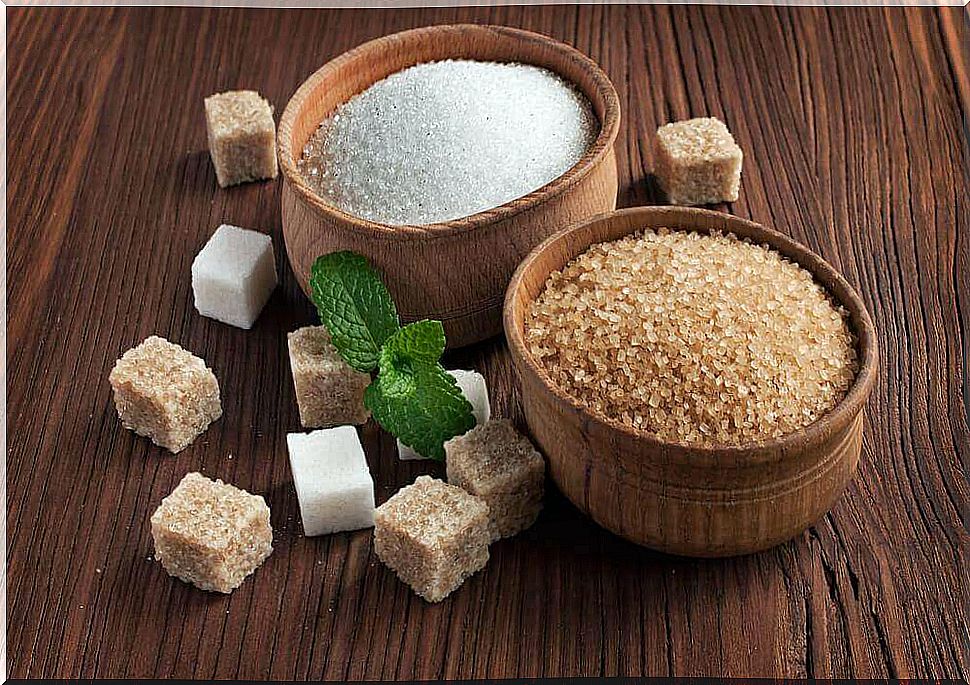
The sugar in candies, juices and other products leads to significant fluctuations in blood sugar levels. If you want to give your baby sweeter food, use banana puree or breast milk. It is better for a baby to consume natural sugars found in fruits.
5. Honey
In many cases, honey contains spores, which can spread quickly in the body of a 9 month old baby. This puts the baby at greater risk of botulism, which can be life-threatening.
6. Soft drinks
Due to their high content of sugar, caffeine and other additives, soft drinks are harmful to your baby. They can damage a baby’s stomach and cause sleep disturbances as well as hyperactivity.
7. Rice Milk
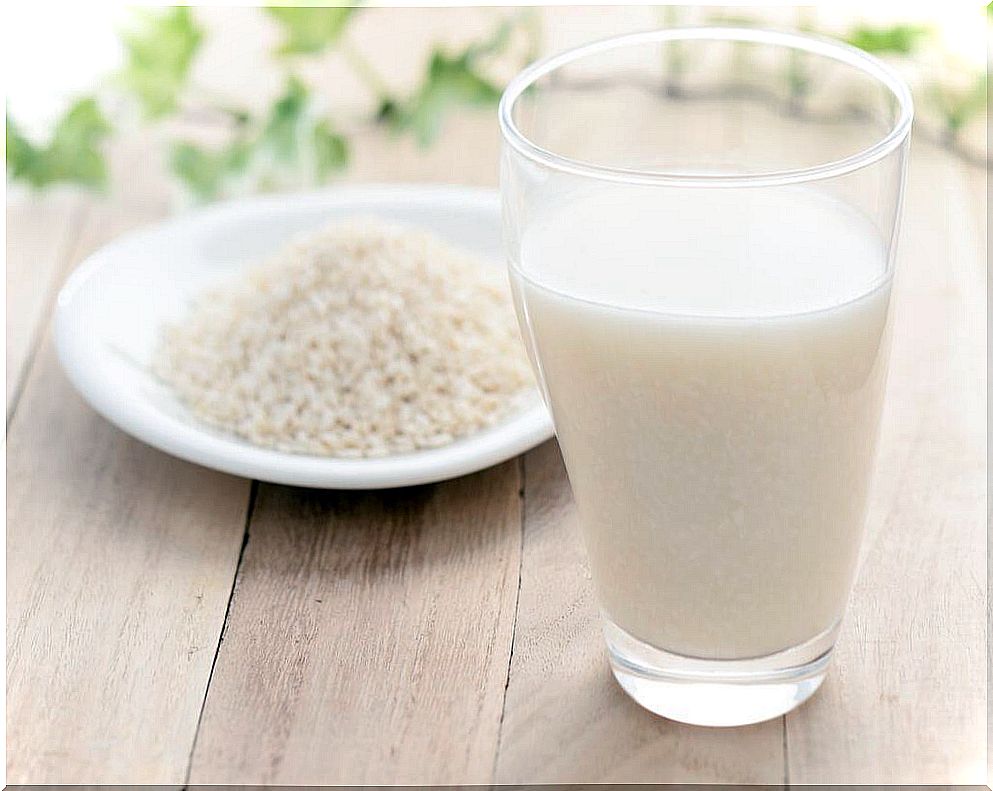
We do not recommend giving rice milk to children under 1 year of age. This milk can contain high concentrations of arsenic and other metals. Even with older children, you should only allow rice milk to be consumed in moderation.
8. Pastries and Fried Food
We do not recommend all types of ’empty’ food without nutrients, such as cakes, pastries and chips. After all, they contain large amounts of chemicals, added sugars and salt.
9. Eggs
Eggs can cause different types of allergic reactions. It is best to start with the yolk and have your baby try egg whites a few months later. We recommend that you wait with potentially allergenic foods until your baby is at least one year old.
10. Sticky Foods
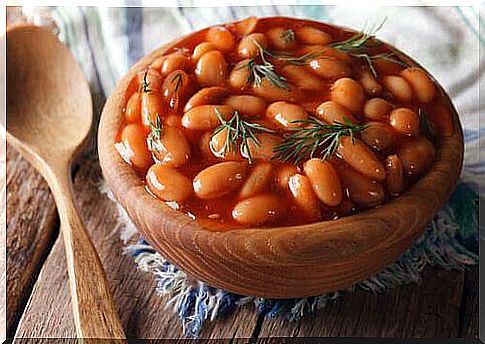
Some sticky foods, such as chewing gum, baked beans, and marshmallows can get stuck in your baby’s throat. In addition, they contain chemical and sugary ingredients that are harmful to babies.
11. Low-Fat Foods
Fats provide a significant amount of calories that babies need at such a young age. Many of these foods also contain fat-soluble vitamins such as vitamin D. By feeding low-fat foods, your child does not get enough nutrients.
Prevent suffocation in your 9 month old baby
Pay close attention to the size of the snacks you give your baby. Large pieces can get stuck in their throats. This puts them at risk of choking. Feed them mainly crushed and mashed food. If you give them food in pieces, try to cut the pieces smaller than an inch in diameter.
Specialists recommend waiting a year before feeding potentially allergenic foods to babies. However, it is advisable to gradually add these foods to their diet. This way you can closely monitor their reaction, especially if they have a genetic predisposition to allergies.
Talk to your doctor to make the best decision.
